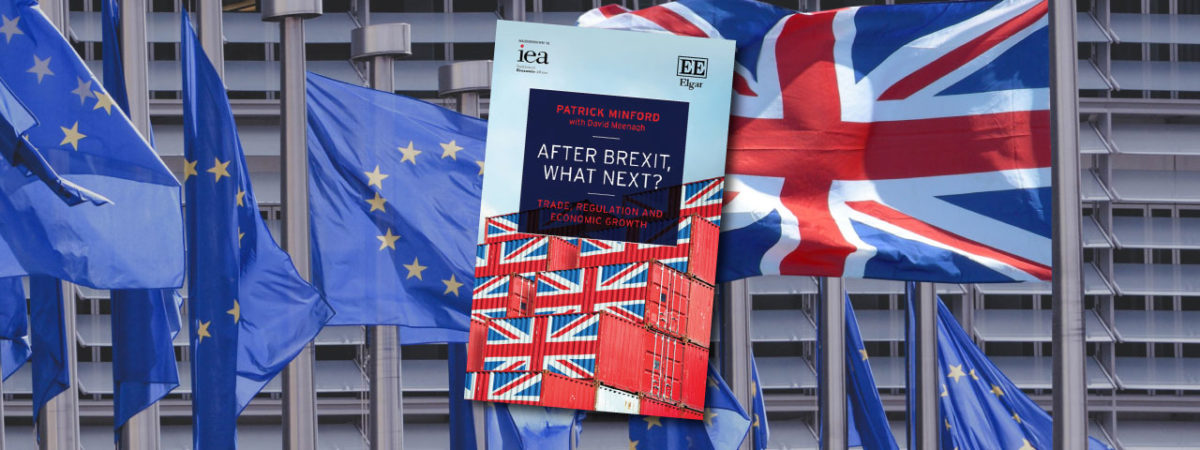Being Your Own Boss
SUGGESTED



Should the government care?
- Self-employed workers have lost out badly during the pandemic. Their numbers have so far fallen more sharply than the numbers of employees. There is evidence that government assistance has been poorly targeted: over half of the self-employed have received no help.
- The Chancellor has hinted that, in return for the assistance the government has granted, the self-employed may be taxed more heavily in the future.
- The tax authorities have long been concerned that the self-employed do not pay enough income tax and, particularly, national insurance contributions. Already the conditions under which self-employment status is recognised have been considerably tightened. The Chancellor’s hints tie in with this.
- On the other hand, trade unions and others have argued that the self-employed are a disadvantaged group which misses out on many welfare benefits and employment rights. Some self-employment by freelancers may be encouraged by big employers as a way of avoiding costly employment mandates.
- These two approaches suggest a ‘pincer movement’ towards giving the self-employed greater entitlements but at the cost of paying more to the Exchequer and tighter regulation.
- The self-employed are an extremely heterogeneous group. The danger is that new ‘one size fits all’ legislation will have unintended consequences such as deterring many people from entering self-employment who would gain from doing so, and driving more activities into the informal economy.
- There are no very strong public policy grounds for subsidising self-employment status, but there are no grounds for deterring it either. In the current climate, given the importance of getting people back into work, it could be unwise to penalise the self-employed unnecessarily.
- Changes to the status of self-employed workers could take place in the context of a long-overdue merger between national insurance and income tax. This could deal with wider anomalies and enable the public to see more clearly just how much the government takes from their pay. The end of the pandemic, and the huge changes it will have permanently made to the economy, may be a timely moment to consider such radical reform.
Fullscreen Mode




